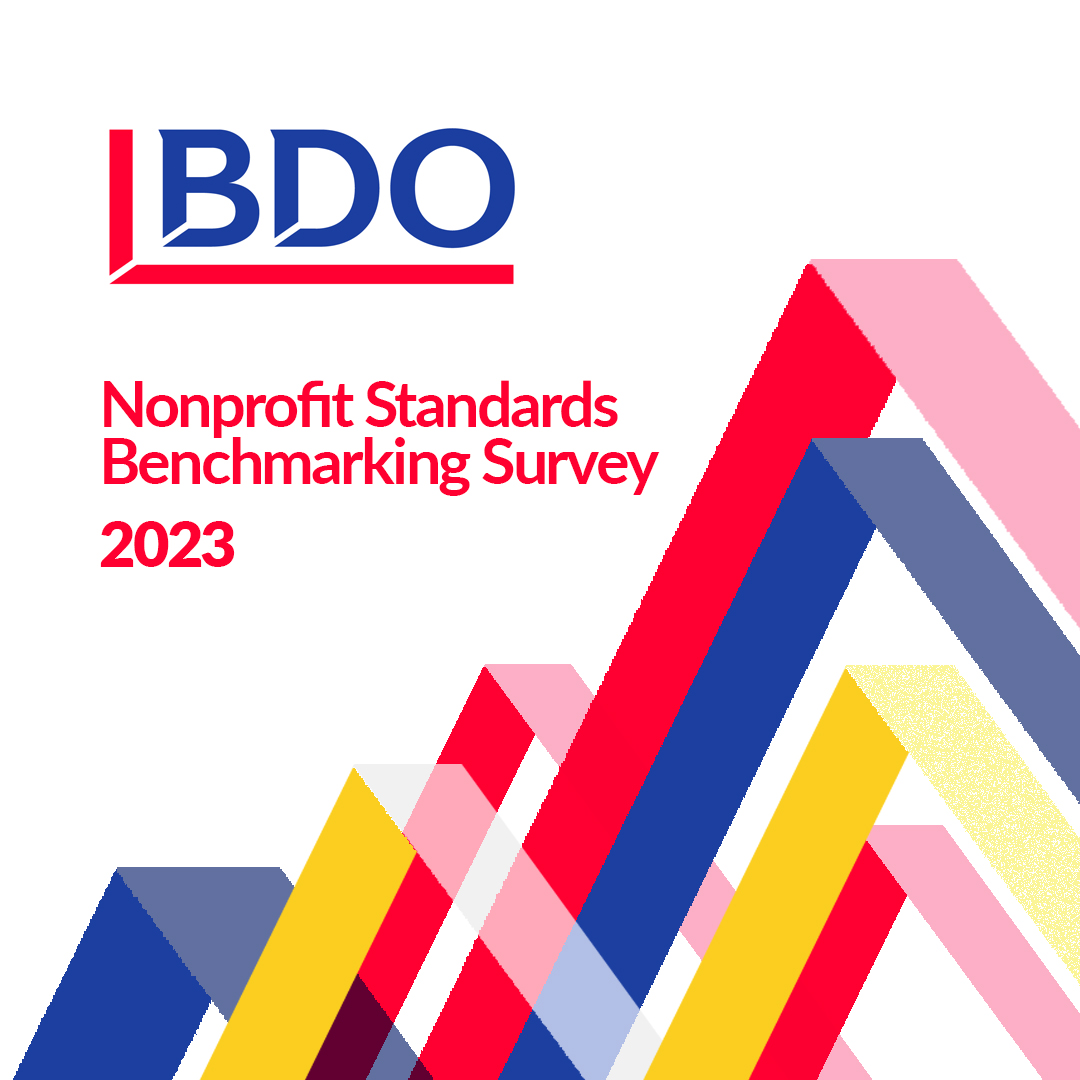Mergers & Acquisitions
A successful transition starts with Sassetti. Our consulting in mergers & acquisitions aims to achieve sustainable profitability and growth for our customers through effective and strategic portfolio administration. Our team applies a niche-specific approach to your organizational needs.
The Importance of Due Diligence in Investments
Before committing to a deal or investment, verification and investigation is conducted to authenticate all relevant data and facts. This is called due diligence and is completed prior to the closure of the agreement to provide the purchaser with confidence in their investment.
The Buyer’s Angle
Due diligence is an essential part of any M&A transaction, as it allows them to better assess the risks and rewards of such a venture. It is designed to help the buyer confirm their expectations regarding the transaction and to gain a greater degree of comfort before they commit to the purchase.
The Seller’s Angle
Due diligence provides the purchaser with trust in their investment. It also serves as a way for the seller to demonstrate the true worth of their company, as the financial examination may reveal a higher fair market value than initially thought. For this reason, many sellers will take the initiative to produce their own due diligence reports before any potential transactions take place.
Why is this important?
This is an important step in any deal or investment process. It serves to confirm the information that was presented, identify any potential issues that could affect a successful transaction, obtain useful data for valuing the opportunity, and check that the investment or deal meets the requirements set by the parties involved. By conducting due diligence, the parties can make sure that they are ready to move forward with confidence.
Quality of Earnings Analysis
To understand the true earnings potential and what the historical run rate has been, it’s crucial to collect a quality of earnings analysis. In doing so, the seller can be in a position to negotiate a better return and have the data available to discuss potential discrepancies.
Next Steps
When considering selling your company or a segment of it, the quality of earnings process should begin six to twelve months out. With input from your internal stakeholders and external advisors, you should research and select a third-party accounting firm to assist with the process. Cost should not be the only factor, so ask questions about their experience, the quality of their product, and the timeline for the process. Once a firm is chosen, identify the key person within the organization to communicate with them. Finally, stay involved throughout the process to better understand potential value points and the final deliverable.
How We Serve
Explore alternatives for the sale of the business – Strategic Buyer, Employee Stock Ownership Plan (ESOP) or a management buy-out by speaking with our partners, Tom Kross & Jim Robbs.
Our Team
Our team members have spent a lot of time problem-solving for a variety of industries. Their expertise is unmatched and they are driven and excited about new challenges.
Featured Insights

Navigating Federal Funding Freeze Uncertainty: What Organizations Need to Know and Do
In an unprecedented move, the Office of Management and Budget (OMB) issued Memorandum M-25-13 on January 27, 2025, implementing a temporary pause...

Are You Leveraging Your Software’s Full Potential?
In the realm of financial management, accounting software integration is a game-changer. It’s a key strategy for businesses seeking to...

Nonprofits Pivot from Survival to Resilience: BDO 2023 Nonprofit Standards Benchmarking Survey
The BDO 2023 Nonprofit Standards Benchmarking Survey of more than 250 nonprofits highlights a crucial shift in the nonprofit sector...









